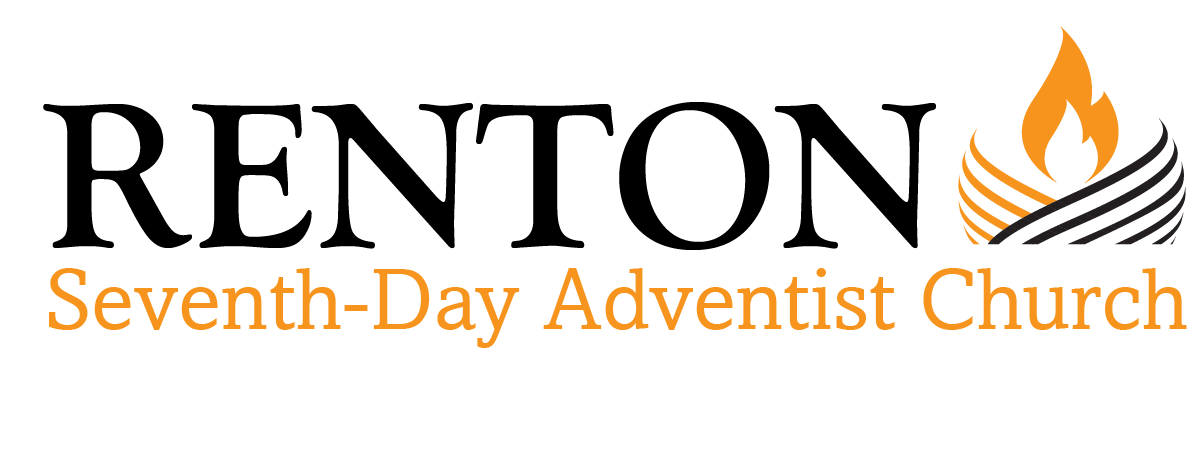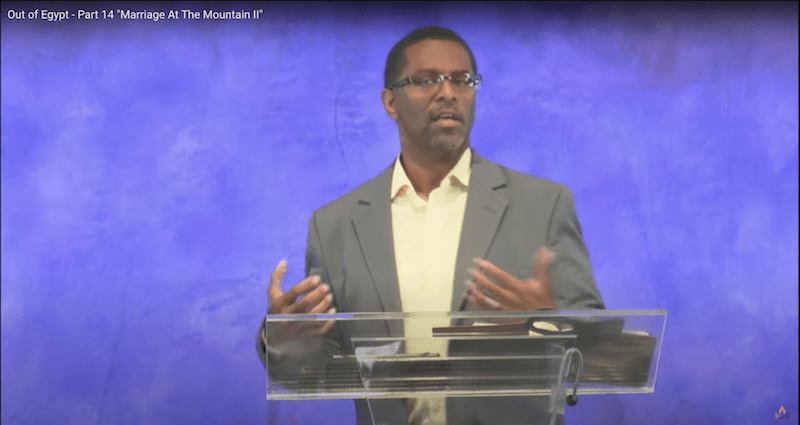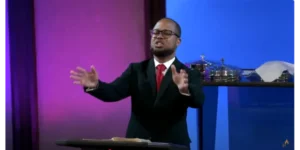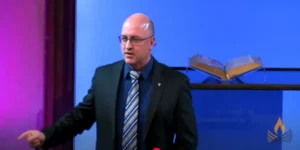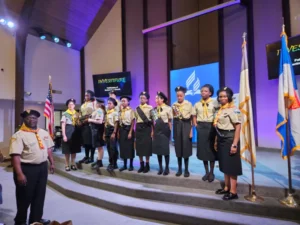We continue with the Marriage at the Mountain of Sinai. In response to the covenant summary, Israel responded, “We will do everything the Lord has said.” (Ex. 19:8)
The people responded somewhat impulsively, but God was calling them to a marriage and not just a moment. Their impulse in the moment must become a way of life, but how? The Lord transforms impulse into obedience by His spoken word. The marriage is to be defined by what God Himself will speak. Therefore, the marriage at the mountain will spell out how the bride is to live by every word that proceeds from the mouth of God. It is the Word of God that transforms our best intentions into actual conduct.
Rewind to Ex. 19:9-15. The people must get ready to meet with God. They are a delivered people; a chosen people; but they are not yet a holy people. To this point in Israel’s journey, it’s clear that there’s plenty of Egypt remaining in their hearts. They are still living as slaves and not saved. Therefore, cleansing is necessary. (See Heb. 12:14.)
They were going to meet with God, and so are we. As we are getting ready to meet the Lord, we too as the bride of Christ must submit to His cleansing. (See Eph. 5:25-27.)
The Psalmist makes it clear: “How can a young man cleanse his way? By taking heed according to Your word. With my whole heart I have sought You; Oh, let me not wander from Your commandments!” Psalm 119:9-10 The commandments themselves, then, are a cleansing agent. They are hand and heart sanitizer for the Covid of sin that infects us all.
They mustn’t lose sight of two facts: 1) their own unworthiness to approach God; 2) God’s commitment to them demonstrated by what He had already done for them to bring them to Himself. These two facts filled them with reverential fear and wonder—something we need to get back to before Jesus Comes again. In the absence of fear and wonder at the holiness of God, pettiness prevails. It’s why too many members in our churches are not ready to see God!
Rewind to vs, 16-19. On the third day after the time of consecration, God comes down on the mountain in the sight of all the people. They see an awesome “Theophany” of God’s presence, not His person. A Theophany is an appearance, or vision, of God. This appearance is accompanied by thunder, lightning, smoke, fire, cloud, trumpet, and earthquake. Moses speaks to God and God answers! This was to validate Moses as God’s chosen leader and to instill reverence and the attention of the people on the covenant relationship and the Ten Words that will define it.
In the Jewish mind what God did at Sinai was a wedding. It started with a promise. (See Ex. 6:7.) “Take you” is marriage language. God is saying, I will take you to be my bride. This is not just about law and obedience, it’s God’s way of saying, “I love you.” (Rewind to Jeremiah 2:2; Isa. 54:5.)
The cloud is God’s “Chuppah,” or canopy, representing the covering protection of God. The washing of clothes in consecration is reminiscent of a bride washing in a Mikvah for pre-marital cleansing.
Then there is the “Ketubah” or Hebrew marriage contract—a written document that you sign in a significant ceremony. The literal translation of ketubah is “it is written.” Many couples choose to have their ketubah framed. It spells out the couple’s commitment to love and honor one another, and their respect for one another.
The Ten Words is the Ketubah. God is going to speak them in the hearing of His bride then He will write them in stone with His own finger—the same finger that smote the Egyptians will now write the Ketubah or wedding contract with Israel.
Lastly, the Sabbath served as the wedding ring or sign (Ex. 31:16-17). The Sabbath became the symbol of fidelity between Creator and created, between Redeemer and redeemed.
The Ten Words are our wedding vows. Rewind to Ex. 20:1-17, and read in two different versions. Don’t miss that the commandments come to an already-delivered people. They don’t earn you His love or His salvation. His love saved you. Salvation has already been accomplished. (20:1) The commandments are instructions to guide a delivered people into a proper style of life and behavior.
What so often gets called legalism, God calls love. Obedience is His love language. See John 14:15; 1 Jn. 5:3. Israel didn’t come to Sinai to be saved. This is where they came to learn how to love God; how to be His bride. And the language God looks for in the love of His bride is obedience.
The motif of marriage is a theme that persists all the way through Scripture to the end of time.
- The promise – John 14:1-3
The Theophany to come:
- Clouds – Rev. 1:7/Mt. 26:64/Mk. 14:62
- Thunder – Rev. 16:17-18
- Lightning – Mt. 24:27
- Trumpet – 1 Thess. 4:16-18
- Smoke/Fire – Psalm 50:3
- Earthquake – Rev. 6:12-14
- Mikvah/Consecration – Rev. 7:14
- Ketubah – Rev. 14:12; 22:14 (KJV)
Those commandments are written not on tables of stone, but Heb. 10:16 says, “This is the covenant I will make with them after that time, says the Lord. I will put my laws in their hearts, and I will write them on their minds.” This corresponds to the 144,000 in Rev. 14:1, 4.
After the second great Theophany of Christ, just like at Sinai, we will confirm the covenant with a meal at the marriage supper of the Lamb. “Then the angel said to me, “Write this: Blessed are those who are invited to the wedding supper of the Lamb!” And he added, “These are the true words of God.” (Rev. 19:9) You are invited. Will you be His?
Pastor Randy Maxwell
